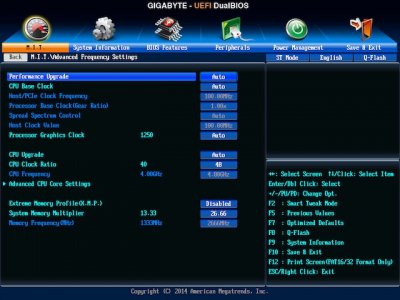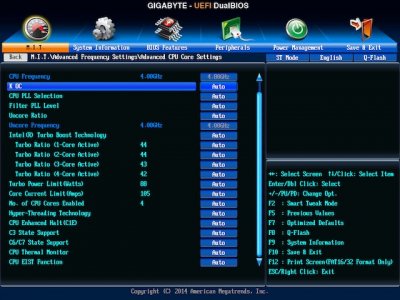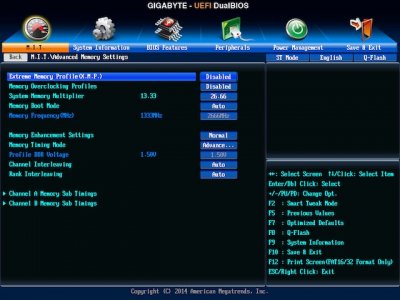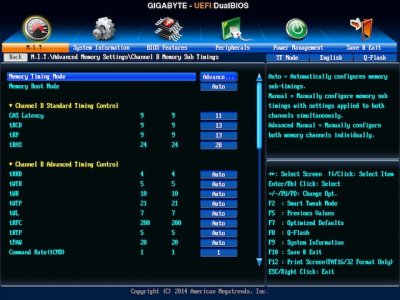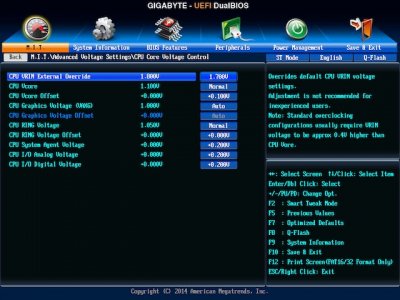- Joined
- Dec 29, 2015
- Messages
- 44
- Motherboard
- GA-Z97X-Gaming 7
- CPU
- i7-4790K
- Graphics
- GTX 750 Ti | GTX 1060
- Mac
- Mobile Phone
Not all applications use or have a need for AVX instruction support. I'm not sure what AVX instructions are for, this is just my experience with overclocking and testing. As for the voltage staying the same, did you disable any features in the BIOS such as EIST, C1E, or C3/C6 support? Also setting the Vcore manually as opposed to "Auto", "Adaptive" or "Normal" will disable any automatic voltage control and force a static voltage at all speeds even x8 multiplier. The overvolting is automatic on the processor and completely separate from setting a static Vcore. certain instructions can request more voltage if required.

